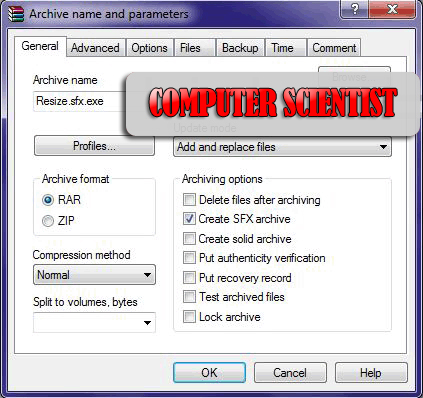Already a powerful tool for creating rich Internet content, Flash has
evolved into a robust environment for developing online advertising,
electronic learning courses, user interfaces for enterprise
applications, and multimedia content. In addition to animation and
vector graphics tools, Flash now includes video support for MPEG,
digital video, MOV, and AVI formats. You can edit, manipulate, and
animate video objects or use scripting to make your videos interactive.
You'll also find new graphic design capabilities such as Bezier curves,
transformation tools, and pixel-level snap control.
In addition, Flash's ActionScript environment has undergone significant improvement. ActionScript Editor is now customizable, allowing you to configure text display properties (font, size, and color), syntax coloring, and toolbox panel content. Code formatting, code hinting, and an ActionScript debugger can aid in developing dynamic, data-driven Internet applications. You can even integrate your Flash applications with any application server that uses URL-encoded or XML data.
In addition, Flash's ActionScript environment has undergone significant improvement. ActionScript Editor is now customizable, allowing you to configure text display properties (font, size, and color), syntax coloring, and toolbox panel content. Code formatting, code hinting, and an ActionScript debugger can aid in developing dynamic, data-driven Internet applications. You can even integrate your Flash applications with any application server that uses URL-encoded or XML data.








































